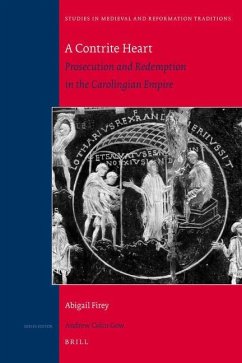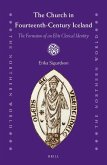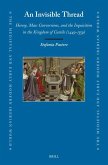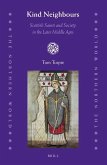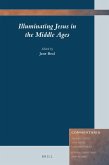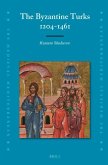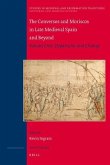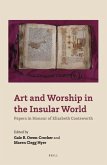Between the middle of the eighth century and the late ninth century in western Europe, the course of legal history was shaped by interaction with religious ideas, especially with regard to the meaning of confession, suffering, and the balance of protections for an accused individual and the welfare of the community. This book traces those themes through a selection of Carolingian texts, such as archbishop Hincmar's legal analysis of a royal divorce, the decrees of church councils, the biography of a Saxon holy woman, anti-Judaic treatises, and Hrotswitha's dramatisation of the legend of Tha s, in order to make audible the lively debates over the boundaries of clerical and lay authority, the nature and extent of permissible intervention in the spiritual condition of the empire's inhabitants, and distinctions between the private and public domains. This work thus reveals the profound relation between law and penitential ideologies promoted by the Carolingian imperial court.
Hinweis: Dieser Artikel kann nur an eine deutsche Lieferadresse ausgeliefert werden.
Hinweis: Dieser Artikel kann nur an eine deutsche Lieferadresse ausgeliefert werden.

